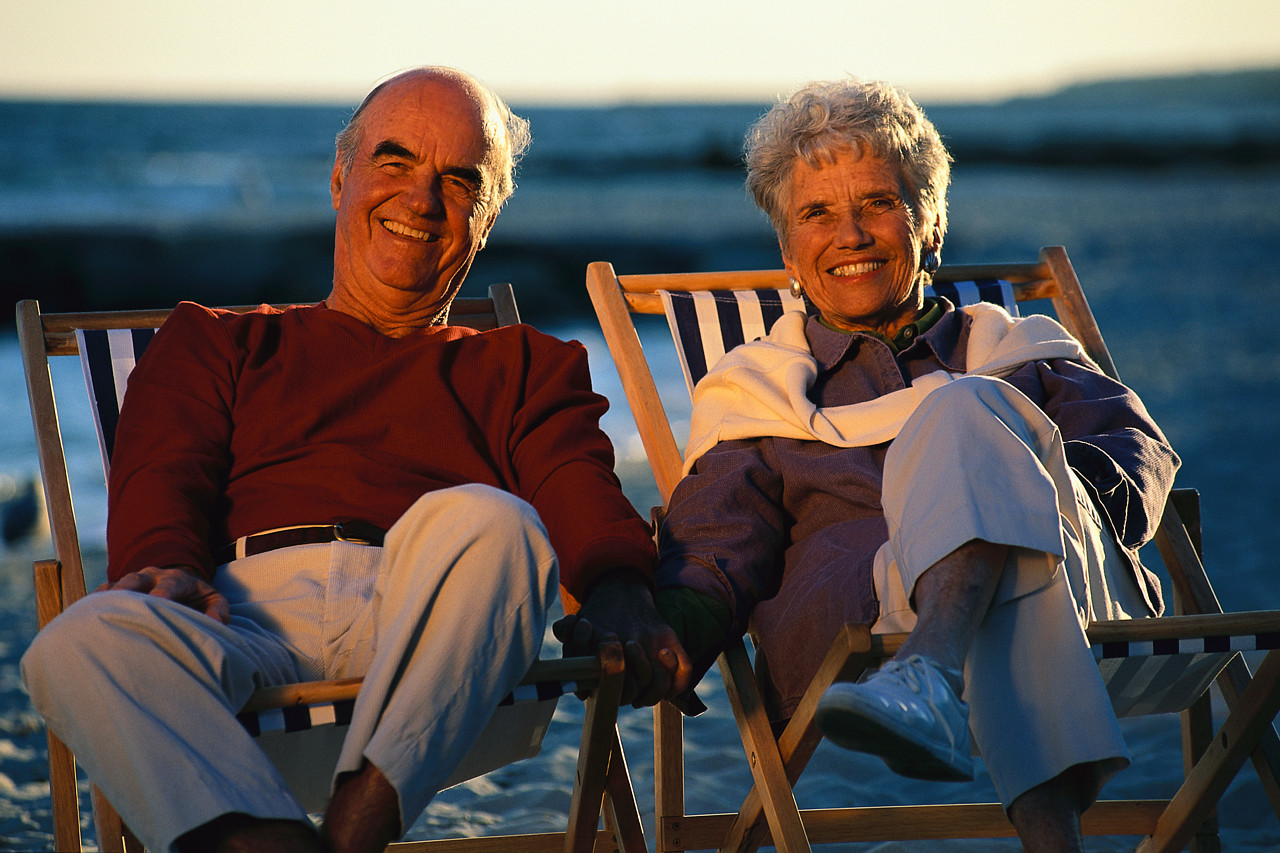Silicon Valley Plans to Bring Digital Health to Seniors
 Digital health apps and wearable devices generally attract a niche market of young, healthy individuals and fitness enthusiasts. However, this may shift in 2014 as startup companies are shifting their digital health funding to focus on seniors.
Digital health apps and wearable devices generally attract a niche market of young, healthy individuals and fitness enthusiasts. However, this may shift in 2014 as startup companies are shifting their digital health funding to focus on seniors.
A report sponsored by Startup Health and AARP found digital health startups are targeting the aging population. Digital health funding for seniors more than doubled at $928 million by the end of 2013, compared to $413 million at 2010.
Rock Health shows that midway through 2014, $206 million has been raised for digital medical devices, software and hardware for seniors and those with chronic illnesses.
The FDA has cleared a startup called Sway Medical, an iPhone app that uses the device’s sensors to assess the balance of the user. The app is being embraced by health care professionals:
Balance assessments have a number of possible use cases: assessing an elderly person’s fall risk, tracking recovery from an injury, or detecting instability from a medication change. Thanks to a partnership, the company’s first use case is screening for concussions.
“Future versions of the Sway Balance app will assist in monitoring patient outcomes in physical therapy, orthopedic and primary care physician practices, senior living facilities, and worksite medical clinics settings,” says the press release. The company also lists “monitoring the impact of prescribed medications” as a possible future use case.
Startups are also aiming to give seniors the freedom to live out the rest of their lives in the comfort of their own home with Lively:
Lively produces sensors that track the movements of their elderly customers’ homes and automatically notifies family members if things are amiss. The sensors can be placed on cupboards, pillboxes, doors and more to deliver a comprehensive awareness of activity, without invading privacy or imposing the burden of wearing anything. Its built-in cellular service means no Internet access or phone line is required; family members receive alerts and reminders by e-mail and text.
Seniors are also willing to participate in digital health. In a new survey by Accenture, 57% of seniors are seeking digital health options for managing their health services remotely. Access to health information and communication with their doctor through the internet is important for an increasingly amount of seniors.
As the population ages, the prevalence of digital health can positively impact seniors health and quality of life. Proper assessments and monitoring to prevent health risks will give families piece of mind as well as give seniors the chance to live out their retirement years securely.


I find it interesting that 57% of seniors are interested themselves in digital health, when only 18-20% of them own a smartphone.
Perhaps they just like the idea of always being informed of their health status.
I don’t know if I like the idea of digital health. First its all in your mobile phone, next it will be a chip in your arm!
Digital health may incentivize them to invest in a smartphone.
Indeed, I would not be surprised to see some providers or insurers give smartphones with contracts to there patients or beneficiaries, in the future.
“…rest of their lives in the comfort of their own home with Lively”
This sounds like a great alternative to nursing homes and is certainly less invasive than having cameras all around the house. But I don’t know about sensors learning my behavior…
Hopefully the expansion of digital health tracking to seniors will mean less of a health care burden from the aging baby boomers.
Healthier baby boomers means less health spending.
This makes more sense than a novelty for the super-healthy to track how super-healthy they are. My gym sells devices you can wear that tracks motion and caloric input/output. The people most apt to buy them are the ones who least need such a device. The people who really need such a device (the inactive obese) are the ones who would never think of buying one.
However, the population that needs help and progressively cannot take care of themselves are the elderly. Remote monitoring is a way to allow the elderly to stay in their homes longer. This is a whole new field; smart homes that allow disabled people or the elderly to more easily conduct activities of daily living.
My father has Parkinson’s disease. An app to assess his balance in real time is a great idea. Different activities/events trigger episodes of dizziness. Monitoring this in real time could help design a plan of action for him to better cope with these episodes. As long as the third party payer system does not take control of these apps, the future looks bright.
There are interesting advances being made by startups to help cope with Parkinson’s. The Sway balance app is one, and there is another startup creating eating utensils that rebalance to help cancel the tremors caused by the disease while eating.
http://www.liftlabsdesign.com/
very helpful. thanks